Introduction
Coding is the process of creating software, applications, and computer programs. It's a valuable skill in today's digital world and can open up a world of opportunities. Whether you're interested in building your own websites, creating mobile apps, or automating repetitive tasks, coding is a great place to start.
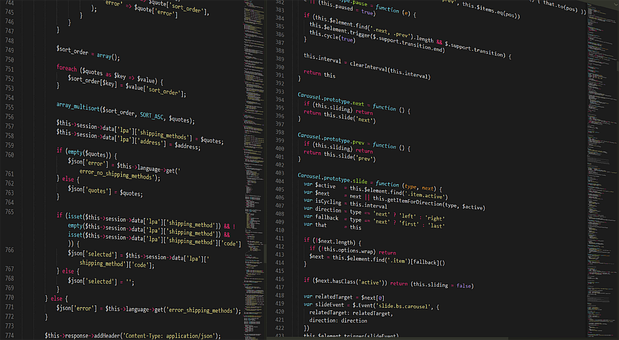
https://pixabay.com/photos/programming-html-css-javascript-1873854/
Why Learn to Code?
There are many reasons why you might want to learn to code. Here are just a few:
- Increased demand for technology-related jobs
- Opportunities for entrepreneurship and startup creation
- The ability to solve problems and create new solutions
- Improved problem-solving and critical thinking skills
- A path to a fulfilling and high-paying career
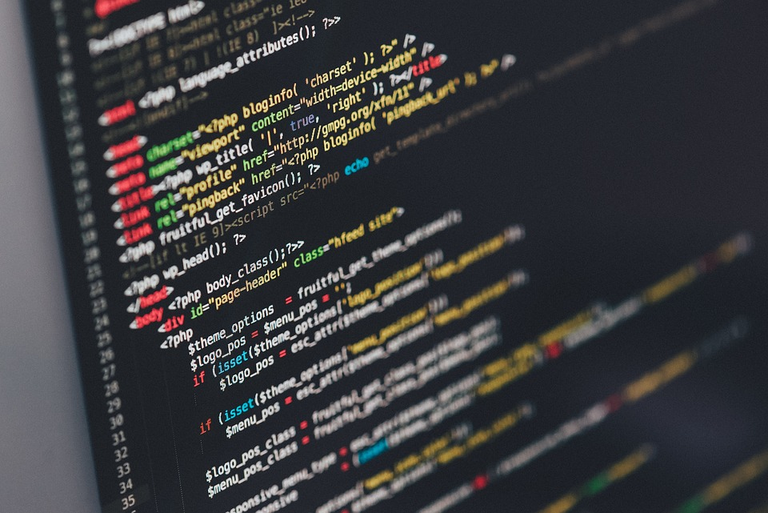
https://pixabay.com/photos/code-coding-computer-data-1839406/
Choosing a Programming Language
There are many programming languages to choose from, each with its own strengths and weaknesses. Here are a few popular options:
- Java: A popular language for building large-scale enterprise applications
- Python: A beginner-friendly language that's commonly used for data science and machine learning
- JavaScript: A language used for front-end web development, allowing you to create interactive experiences for users
- Ruby: A flexible language often used for web development and scripting
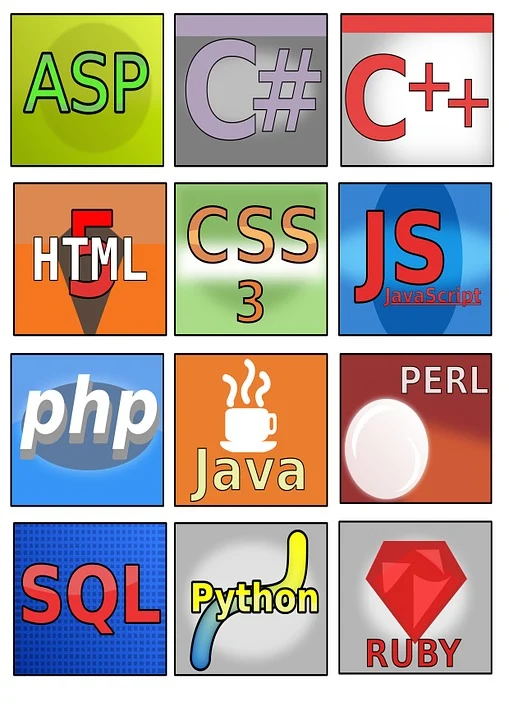
https://pixabay.com/illustrations/programming-languages-icon-898961/
It's important to choose a language that interests you, as learning to code is a significant time commitment. Additionally, some languages may be better suited for your goals than others. For example, if you're interested in data science, you may want to start with Python, while if you're interested in front-end web development, you may want to start with JavaScript.
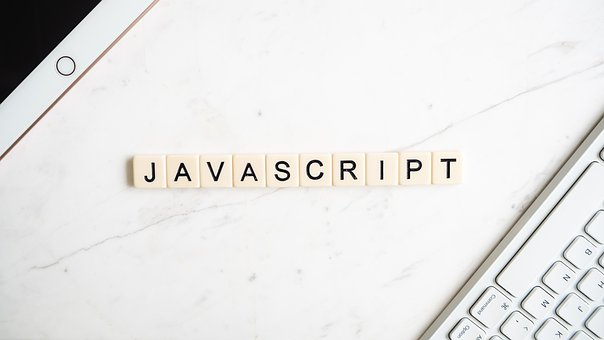
https://pixabay.com/photos/javascript-programmer-code-4523100/
Getting Started
Once you've chosen a language, it's time to start learning. There are many resources available to help you get started, including online tutorials, videos, and courses. Here are a few popular options:
- Codeacademy: An interactive platform that offers courses in a variety of programming languages
- Udemy: An online learning platform with a wide range of coding courses, including tutorials and projects
- FreeCodeCamp: A non-profit organization that offers a comprehensive curriculum for learning to code for free
- Coursera: An online platform that offers a range of courses, including computer science and programming
In addition to these resources, there are many online communities and forums where you can ask questions and connect with other coders. This can be a valuable resource as you progress in your learning journey.

https://pixabay.com/photos/code-coding-computer-data-1839406/
Practice, Practice, Practice
The key to becoming a successful coder is practice. The more you code, the better you'll become. Try to work on small projects, and as you gain more experience, take on larger and more complex projects. You can also participate in coding challenges and hackathons, which can be a great way to test and improve your skills.

https://pixabay.com/photos/software-developer-web-developer-6521720/
Continuous Learning and Improvement
The world of technology is constantly evolving, and new programming languages and tools are being developed all the time. It's important to stay up to date with these changes and continuously improve your skills. This can involve taking additional courses, reading technical blogs and articles, or attending workshops and conferences.
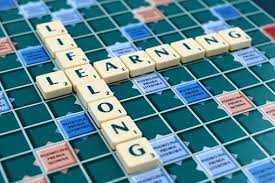
https://pixabay.com/photos/scrabble-board-game-game-4370255/
Conclusion
Learning to code can be a rewarding and challenging journey, but the rewards can be significant. Whether you're interested in pursuing a career in technology, starting your own business, or just want to learn a new skill, coding is a great place to start. With the right resources and a commitment to continuous learning, you can become a successful coder in no time.